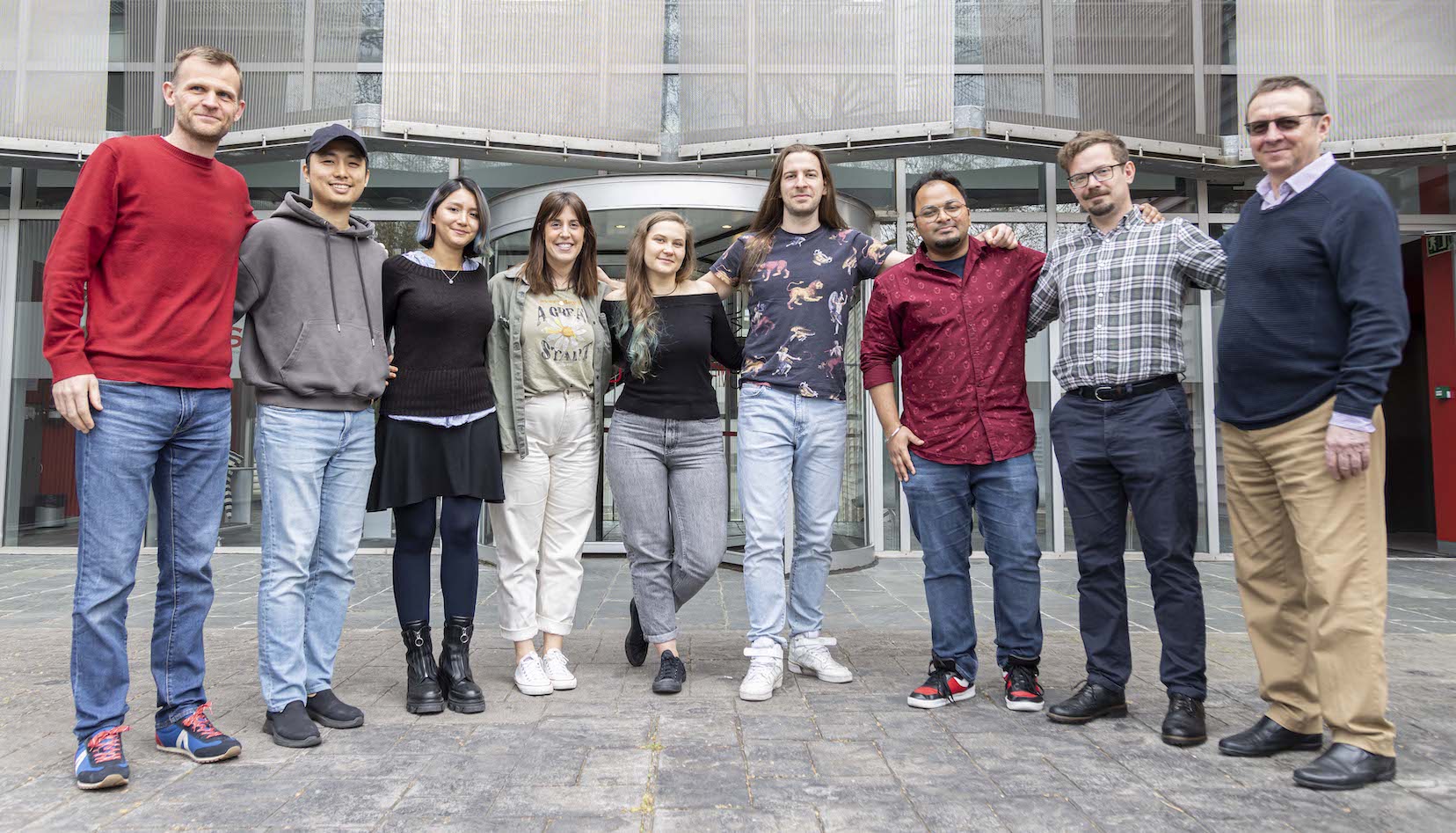
- Tipo de expresión:
- Doctorado: Propuesta de dirección de tesis doctoral/temática para solicitar ayuda predoctoral ("Hosting Offer o EoI")
- Ámbito:
- Nanotechnology
- Área:
- Materia
- Modalidad:
- Ayudas para contratos predoctorales para la formación de doctores (antiguas FPI)
- Referencia:
- 2023
- Centro o Instituto:
- CENTRO DE FISICA DE MATERIALES
- Investigador:
- MAREK GRZELCZAK
- Palabras clave:
-
- Gold Nanoparticles, Machine Learning, Plasmonic Catalysis, Closed-looped Experimentation
- Documentos anexos:
- 605598.pdf
PRE2023 - Data-Driven Approach for Accelerating Pulsed Plasmonic Catalysis - PID2022-141017OB-I00
It has been claimed that the current Edisonian approach to discovery needs nearly two decades of intense research for given materials technologies to reach the market. Such a slow turnaround requires new disruptive approaches. This is particularly relevant for plasmonic catalysis, which currently suffers from slow development.
We look for a motivated researcher to join our team in the execution of the PREST project that will develop pulsed plasmonic catalysis under flow conditions to power chemical transformation. We propose using artificial intelligence and data science to go beyond the current state of plasmonic catalysis.
The project is placed at the interface between nanochemistry, catalysis, artificial intelligence, closed-loop experimentation, and high-performance computing. Specific aims are 1. To develop a machine learning model capable of predicting nanocrystals' structural parameters without electron microscopy. 2. Demonstrate that a joint human-algorithm team can accelerate the optimization of synthetic protocols for anisotropic nanoparticles. 3. Implement autonomous optimization of pulsed plasmonic catalysis for cofactor regeneration under flow conditions. 4. Maximise cofactor regeneration using ultrafast pulsed laser radiation in batch.
We will develop new methods for the accelerated optimization of photocatalytic processes. We will also provide experimental evidence that chopped light conditions can increase the rate of a given chemical reaction.